Exploring the Future of Fuel Injection Aircraft: Innovations and Advancements in Aviation Technology
The realm of aviation is witnessing a remarkable transformation, particularly with the advent of fuel injection aircraft technology, which promises to redefine how we think about flight efficiency and performance. As the industry faces increasing pressure to reduce emissions and optimize fuel consumption, innovations in fuel injection systems have emerged as a pivotal solution. This article delves into the latest advancements that drive the evolution of fuel injection aircraft, examining cutting-edge technologies that enhance engine performance, reduce operational costs, and promote environmental sustainability. From the integration of advanced fuel management systems to the emergence of hybrid-electric options, we will explore how these innovations not only improve the flying experience but also pave the way for a greener future in aviation. Join us as we navigate the exciting landscape of fuel injection aircraft and their potential to revolutionize the skies.
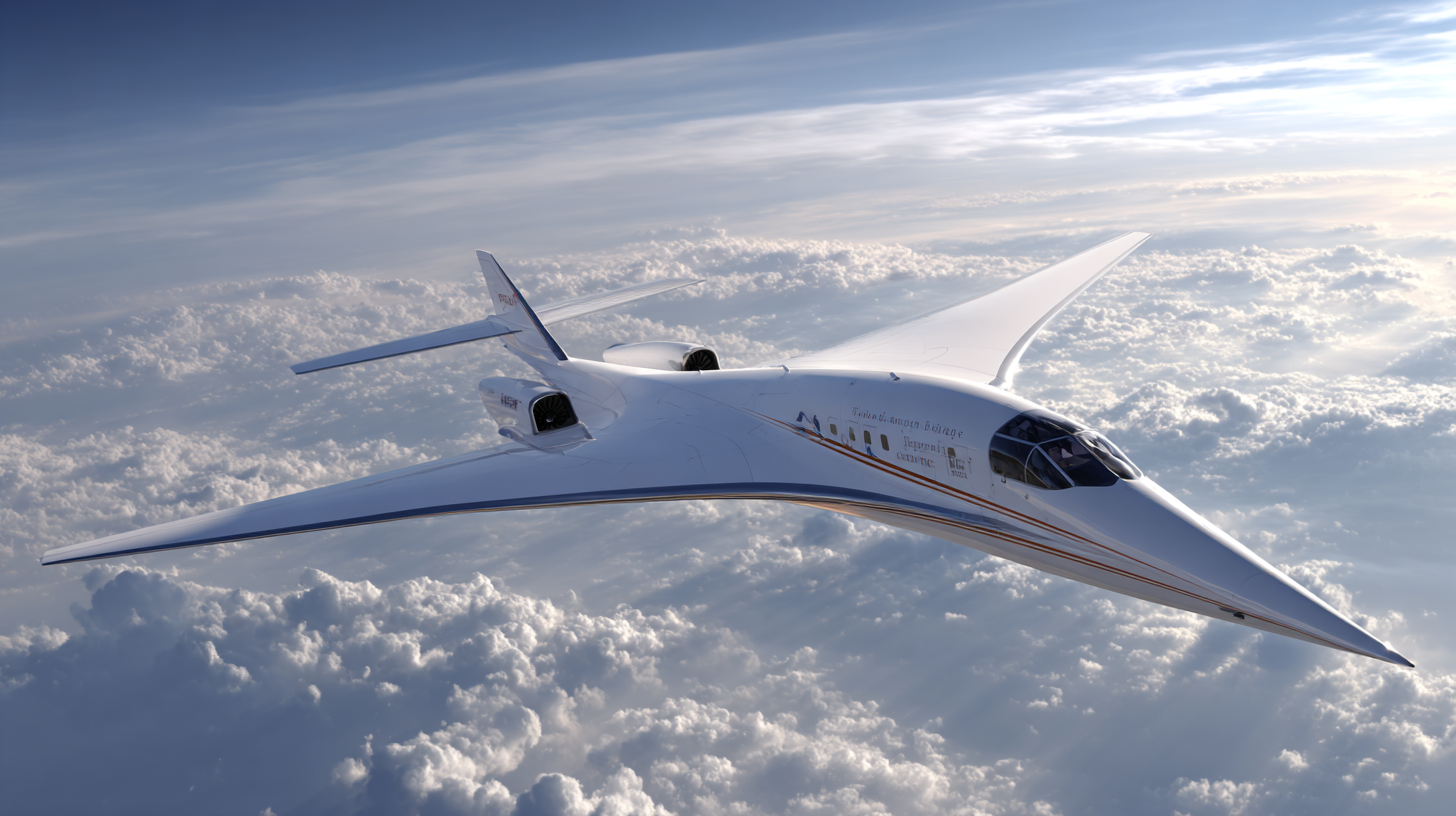
Understanding the Basics of Fuel Injection Technology in Aviation
 Fuel injection technology in aviation plays a crucial role in optimizing engine performance and fuel efficiency. Unlike traditional carbureted systems, fuel injection directly delivers fuel into the combustion chamber, allowing for precise control over the air-fuel mixture. This innovation reduces fuel consumption and enhances overall engine responsiveness. Pilots appreciate the reliability and consistency in performance that fuel injection systems provide, especially under varying flight conditions.
Fuel injection technology in aviation plays a crucial role in optimizing engine performance and fuel efficiency. Unlike traditional carbureted systems, fuel injection directly delivers fuel into the combustion chamber, allowing for precise control over the air-fuel mixture. This innovation reduces fuel consumption and enhances overall engine responsiveness. Pilots appreciate the reliability and consistency in performance that fuel injection systems provide, especially under varying flight conditions.
Tips for pilots considering fuel injection aircraft: Regularly monitor the engine's performance metrics to ensure optimal operation. Keeping an eye on fuel efficiency can help you identify potential issues early. Additionally, familiarize yourself with the specific quirks of your aircraft's fuel injection system, as proper understanding can prevent common problems, such as vapor lock.
As aviation technology advances, fuel injection systems are becoming increasingly sophisticated, with digital controls and auto-leaning capabilities. These advancements not only improve efficiency but also contribute to reduced emissions, making flying more environmentally friendly. Pilots should stay informed about these developments to leverage the full potential of modern fuel injection technology, ensuring a smooth and sustainable flying experience.
Key Innovations Driving Fuel Injection Aircraft Advancements
The aviation industry is undergoing a transformative phase with the integration of advanced fuel injection technologies in aircraft, pushing the boundaries of performance and efficiency. Recent studies from the International Air Transport Association (IATA) indicate that modern fuel injection systems improve fuel efficiency by up to 30%, significantly reducing operational costs for airlines. Innovations such as electronic fuel injection (EFI) and advanced fuel metering systems are at the forefront, enhancing engine performance and ensuring optimal combustion under various operating conditions.
Moreover, advancements in materials science and manufacturing processes are playing a crucial role in the evolution of fuel injection aircraft. For instance, the implementation of lightweight composite materials is not only decreasing overall aircraft weight but also improving aerodynamics, further contributing to fuel savings. According to a report from the Aircraft Fleet Recycling Association, the adoption of these technologies could lead to a potential reduction in carbon emissions from fuel injection aircraft by up to 50% by 2030. As the demand for sustainable aviation grows, these key innovations are essential to achieving greener flight solutions while maintaining safety and reliability in the skies.
Exploring the Future of Fuel Injection Aircraft: Innovations and Advancements in Aviation Technology
This chart illustrates the advancements in fuel injection technology for aircraft over the past several years, demonstrating a significant increase in innovations from 2020 to 2024.
Analyzing Environmental Impacts of Modern Fuel Injection Systems
As the aviation industry embraces modern fuel injection systems, it becomes crucial to analyze their environmental impacts. Traditional carbureted engines often emit higher levels of pollutants compared to their fuel-injected counterparts. Innovations in fuel injection technology have largely focused on improving fuel efficiency and reducing harmful emissions, thereby contributing to a greener aviation sector. These advancements can lead to a significant decrease in greenhouse gases, aligning with global sustainability goals.
Tips: To minimize your carbon footprint while flying, consider supporting airlines that invest in modern fuel-efficient aircraft. Additionally, be mindful of your travel choices; direct flights often yield lower emissions per passenger compared to connecting flights.
Moreover, the environmental benefits are not solely limited to reduced emissions. Enhanced fuel injection systems also provide better engine performance, which can reduce noise pollution—a growing concern in communities near airports. The aviation community must continue to prioritize research and development in this area, ensuring that innovation goes hand-in-hand with ecological responsibility.
Tips: If you are an aviation enthusiast or involved in the industry, look into ways to promote sustainable practices, such as advocating for the use of biofuels in fuel injection systems. Every small effort can contribute to a larger impact on the environment.
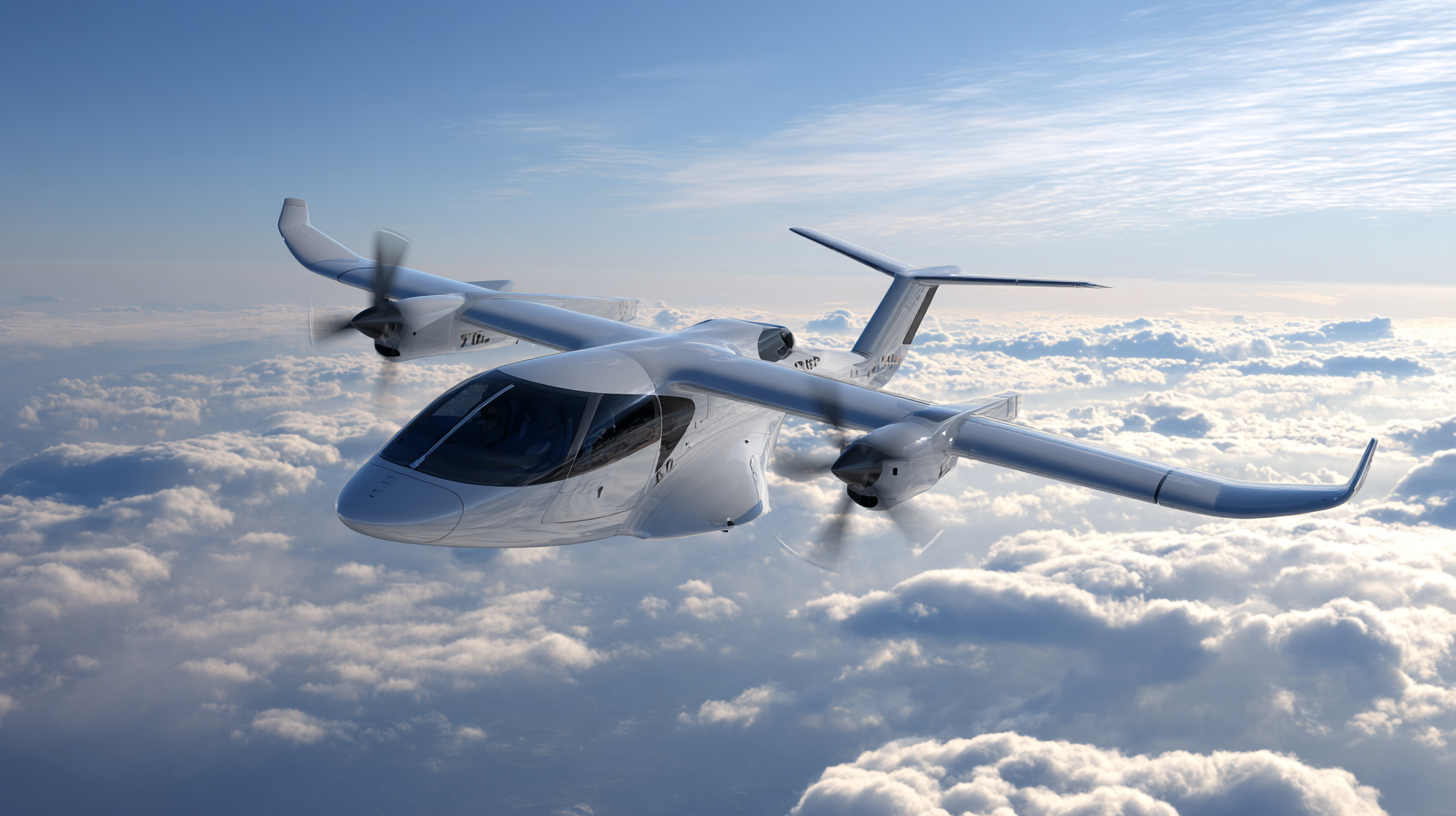
Future Trends: The Next Generation of Fuel Injection Solutions
As the aviation industry continues to evolve, the focus on fuel injection technology is becoming increasingly important. The next generation of fuel injection solutions is expected to drive innovations that emphasize efficiency, sustainability, and reduced emissions. Given the trends in related sectors, such as the development of low-carbon alternatives in maritime engines, it's clear that aviation must adapt similarly to meet global environmental goals.
Tips: Look for advancements in fuel injection systems that incorporate alternative fuels, which can offer significant reductions in greenhouse gas emissions. Additionally, keeping an eye on regulatory changes and incentives for clean technology can provide valuable insights into investment opportunities in aviation.
Moreover, the integration of digital technologies is poised to revolutionize fuel injection systems by enhancing performance monitoring and predictive maintenance. These innovations will allow for optimized fuel delivery and better engine performance, ultimately contributing to lower operational costs.
Tips: Consider exploring partnerships with technology firms specializing in data analytics and machine learning; such collaborations could lead to breakthroughs in fuel injection efficiency and operational strategies.
Challenges and Solutions in Implementing Advanced Fuel Injection Technologies
The implementation of advanced fuel injection technologies in aircraft presents several challenges that must be addressed to fully realize their potential. One significant challenge is the integration of these sophisticated systems with existing aircraft designs. Many older aircraft were not originally configured for advanced fuel management, requiring extensive retrofitting or entirely new designs. This not only involves financial investment but also regulatory scrutiny, as manufacturers must meet stringent safety standards.
Another critical issue is the need for specialized training for maintenance personnel. Advanced fuel injection systems are often more complex than traditional carbureted engines, necessitating a workforce skilled in modern aviation technology. Educating aviation technicians on these new systems is essential to ensure safety and optimize performance. Furthermore, the reliability of advanced fuel injection components poses a concern; manufacturers must focus on developing durable, low-maintenance parts that can withstand the rigors of flight over extended periods. Addressing these challenges is crucial for the successful adoption of innovative fuel injection technologies in the aviation industry.
Exploring the Future of Fuel Injection Aircraft: Innovations and Advancements in Aviation Technology
| Technology Type | Key Innovations | Benefits | Challenges | Potential Solutions |
|---|---|---|---|---|
| Electronic Fuel Injection (EFI) | Real-time performance monitoring | Enhanced efficiency and reduced emissions | High initial costs | Government subsidies and incentives |
| Variable Geometry Intake | Optimized fuel-air mixture across altitude | Improved throttle response and performance | Complex engineering and design | Invest in R&D for simpler designs |
| Alternative Fuel Systems | Use of biofuels and synthetic fuels | Sustainability and carbon footprint reduction | Fuel availability and infrastructure development | Partnerships with fuel suppliers and governments |
| Digital Injection Control | AI-driven fuel management systems | Maximized performance efficiency | Data security and reliability concerns | Robust cybersecurity protocols |
Related Posts
-
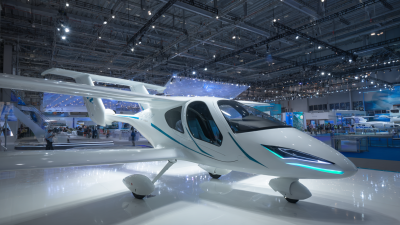
Exploring the Future of Fuel System Aviation at the 138th Canton Fair 2025
-
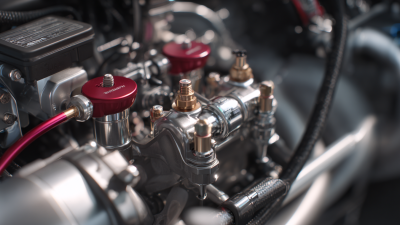
Revolutionizing Aviation: The Future of Fuel Injection Systems in Aircraft Design
-
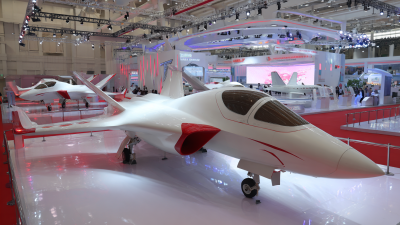
Innovative Aviation Kits Showcase Opportunities at the 2025 China Import and Export Fair
-
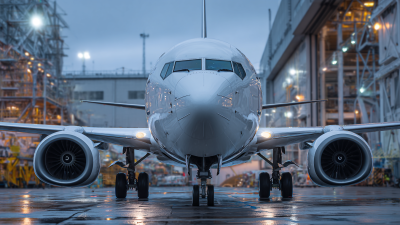
5 Best Solutions for Exceptional Aircraft Service Efficiency
-
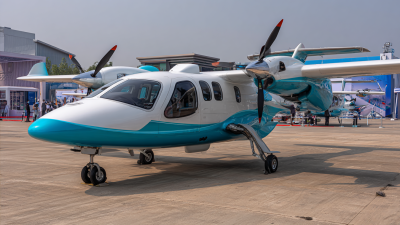
Fuel Injection Aircraft Innovations Showcased at the 138th Canton Fair 2025
